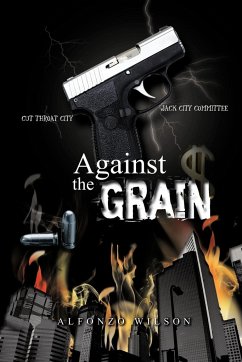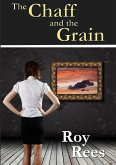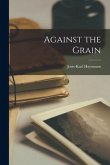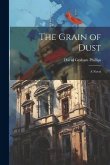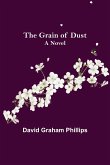HE thought he had already, poor John Berridge, tasted in their fulness the sweets of success; but nothing yet had been more charming to him than when the young Lord, as he irresistibly and, for greater certitude, quite correctly figured him, fairly sought out, in Paris, the new literary star that had begun to hang, with a fresh red light, over the vast, even though rather confused, Anglo-Saxon horizon; positively approaching that celebrity with a shy and artless appeal. The young Lord invoked on this occasion the celebrity's prized judgment of a special literary case; and Berridge could take the whole manner of it for one of the "quaintest" little acts displayed to his amused eyes, up to now, on the stage of European society-albeit these eyes were quite aware, in general, of missing everywhere no more of the human scene than possible, and of having of late been particularly awake to the large extensions of it spread before him (since so he could but fondly read his fate) under the omen of his prodigious "hit."
Hinweis: Dieser Artikel kann nur an eine deutsche Lieferadresse ausgeliefert werden.
Hinweis: Dieser Artikel kann nur an eine deutsche Lieferadresse ausgeliefert werden.




